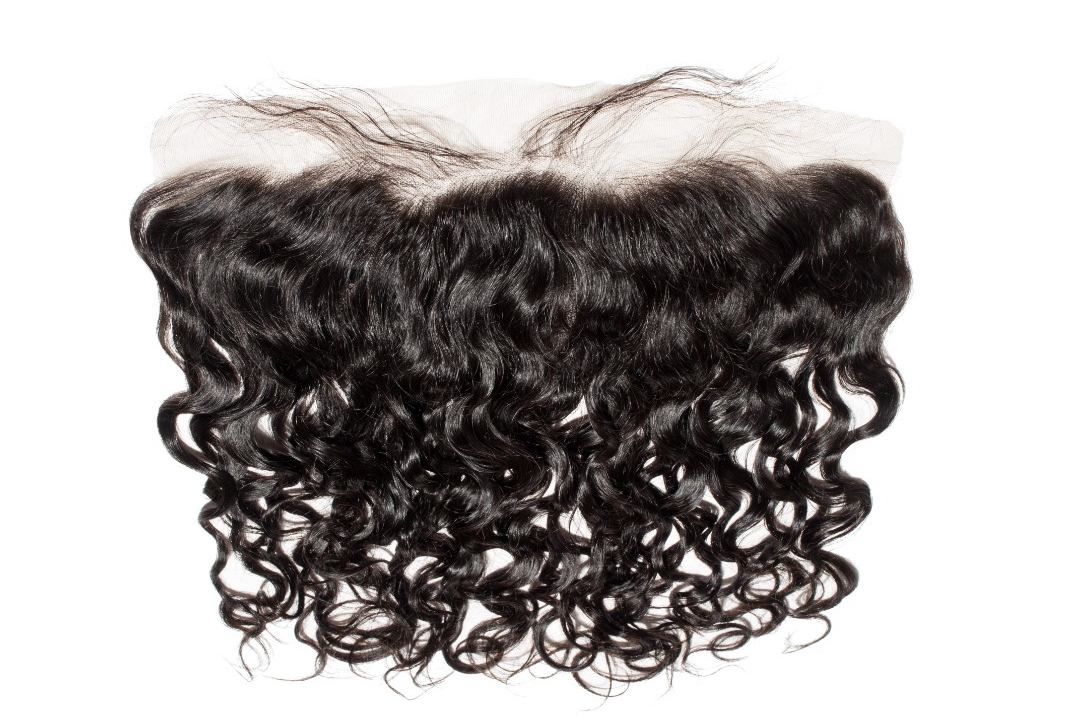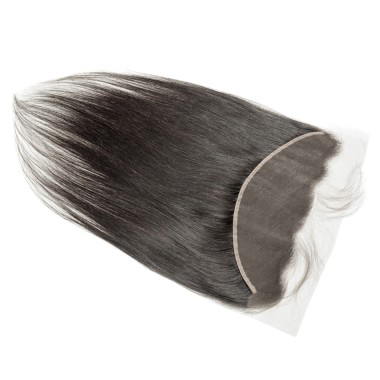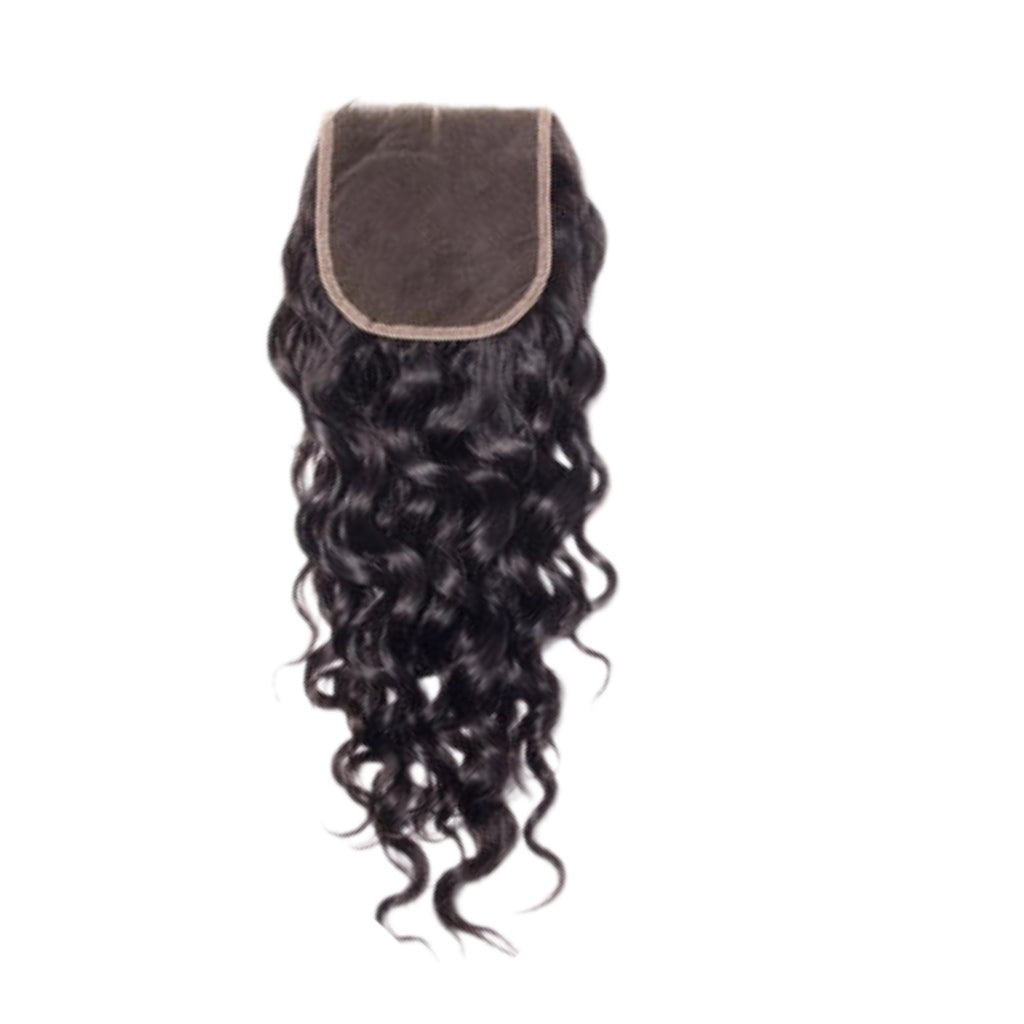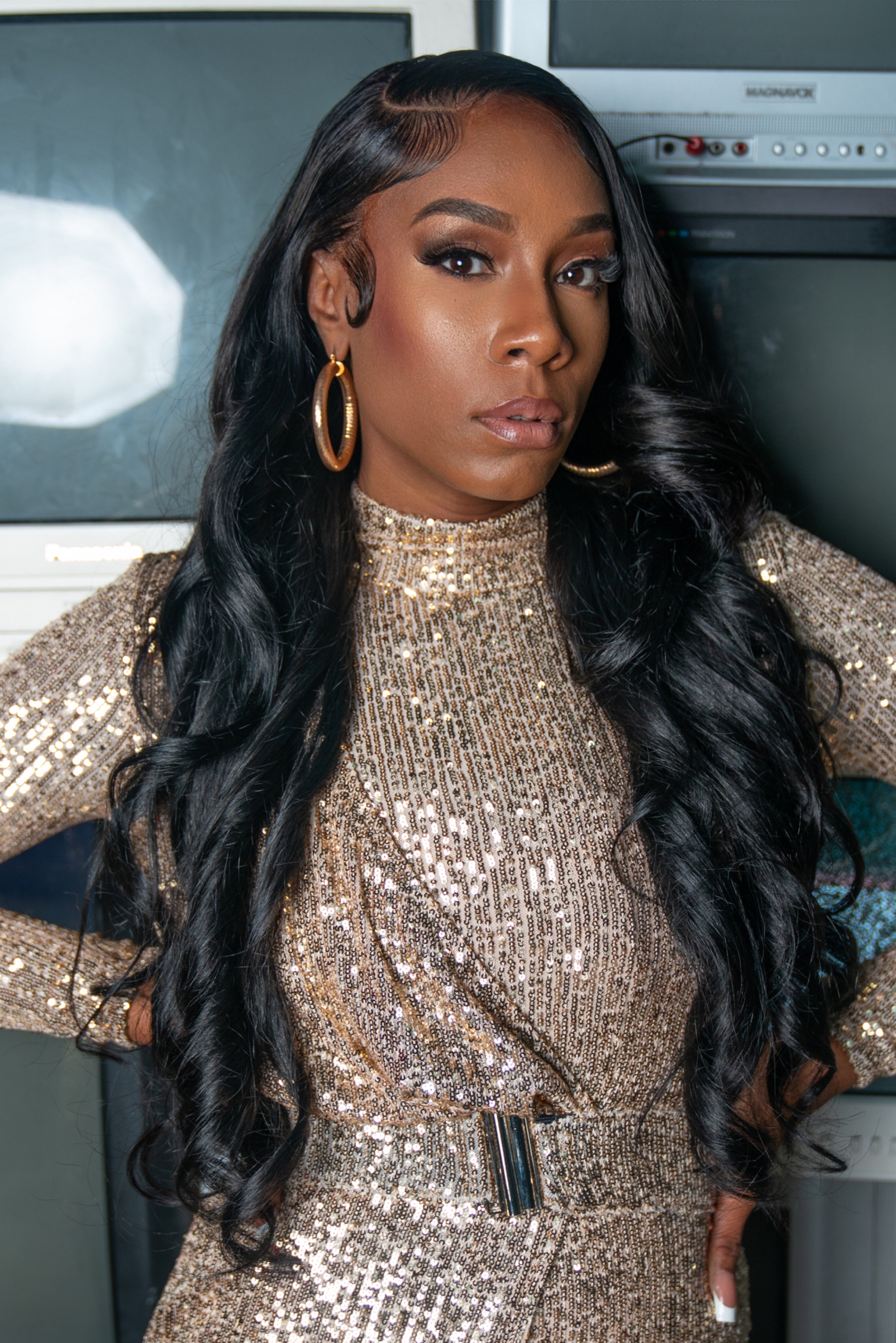
Raw Hair vs. Virgin Hair: What’s the Difference and Which is Best for Hair Extensions?
November 06, 2024
When it comes to hair extensions, quality is key. Whether you’re looking to add volume, length, or simply enhance your natural beauty, choosing the right type of hair extension is essential. Raw hair and virgin hair are two of the most sought-after options, both offering exceptional quality, but with subtle differences that can make a big impact on your final look. In this blog, we’ll break down what sets these two types of hair apart, and help you determine which one is right for you.
What is Raw Hair?
Raw hair is hair that has been collected directly from a donor, with minimal processing. This type of hair is often sourced from a single donor, which means it has a natural, unaltered texture and cuticle direction. The cuticles are kept intact, which helps the hair retain its natural strength, shine, and overall health. Raw hair typically comes in its most natural form, and while it may undergo some washing and sanitizing, no additional chemicals are used to alter the texture or color.
Key Features of Raw Hair:
- Unprocessed and Natural: Raw hair is not chemically treated, colored, or permed, making it the closest you can get to natural, untreated hair.
- Versatile Styling: Because it’s minimally processed, raw hair takes color and styling well. You can dye, bleach, or curl it without worrying about damage.
- Longevity: With proper care, raw hair extensions can last for years. The cuticles are intact, which reduces tangling and ensures smooth, healthy strands.
What is Virgin Hair?
Virgin hair refers to hair that has never been dyed, permed, or chemically processed in any way. Like raw hair, virgin hair is collected from a single donor, which helps ensure consistency in texture and appearance. Virgin hair can be slightly processed, but only in the most minimal ways, such as washing or conditioning. This means it still retains its natural qualities and remains very healthy.
Key Features of Virgin Hair:
- Minimal Processing: Virgin hair may undergo basic sanitization, but it is free from harsh chemicals like dyes or perms.
- Natural Texture and Shine: Virgin hair typically has a soft, smooth texture with a natural luster, making it perfect for seamless blending with your natural hair.
- Long-Lasting Quality: With proper care, virgin hair can last a long time—up to a year or more—without losing its texture, color, or integrity.
Key Differences Between Raw Hair and Virgin Hair
While both raw hair and virgin hair are premium-quality options, there are some subtle differences between the two:
- Processing: Raw hair undergoes little to no processing, whereas virgin hair may have minimal processing, such as washing or conditioning. Raw hair is generally considered the more natural option, while virgin hair is still treated to ensure its cleanliness and usability.
- Texture: Raw hair often comes in a more diverse range of textures, as it reflects the natural texture of the donor’s hair. Virgin hair, on the other hand, tends to have a more uniform texture, as it is from a single donor but may be slightly more consistent in feel and appearance.
- Color Options: Raw hair often comes in its natural color (typically a dark brown or black), and may need to be dyed if you want a different color. Virgin hair, while it may also be in its natural color, can sometimes be more readily available in a variety of shades.
- Cost: Because raw hair is more labor-intensive to source and maintain in its purest form, it may be priced slightly higher than virgin hair, though the difference in cost depends on the supplier and the specific hair type.
Which is Better for Hair Extensions?
Both raw hair and virgin hair offer exceptional quality and can last for years with the right care, so your choice ultimately comes down to personal preferences and your specific hair needs. Here are some factors to consider when choosing between the two for your hair extensions:
- Customization: If you’re looking for a completely natural, custom look, raw hair extensions are ideal. They offer a more varied texture, and can be colored or styled to your specific needs.
- Uniform Look: If you prefer a more consistent and predictable texture, virgin hair extensions may be your best bet. They provide a smooth, shiny, and natural appearance with minimal maintenance.
- Longevity: Both types of hair can last for years, but raw hair extensions may have a slight edge due to their more natural, unprocessed state. The cuticles remain intact, which can help reduce tangling and extend the lifespan of your extensions.
Conclusion: Which Should You Choose?
At the end of the day, both raw hair and virgin hair are excellent choices for luxury hair extensions. Both provide a natural look and feel, and can be styled in various ways to suit your personal style. If you prefer a completely untouched, natural texture and plan to customize your extensions with color, raw hair may be the best option for you. However, if you’re looking for consistency and ease of maintenance, virgin hair offers a smooth, versatile option with minimal upkeep.
Whatever you choose, Mo Length’s range of premium hair extensions—whether raw or virgin—ensures that you’re getting the highest quality hair that will elevate your look and boost your confidence. The key is to select the option that aligns with your styling preferences and lifestyle.
Have questions about choosing the right hair extensions for you? Feel free to reach out to us—our team is here to help you find the perfect match for your hair goals.
Recent Articles

What Is a Lace Frontal and Why Is It a Game-Changer?
August 11, 2025

How to Spot a High-Quality Lace Frontal (Before You Buy)
August 12, 2025

Transparent Lace vs. HD Lace: What’s the Difference?
August 12, 2025

5 Signs Your Frontal Was Installed Incorrectly
August 13, 2025
